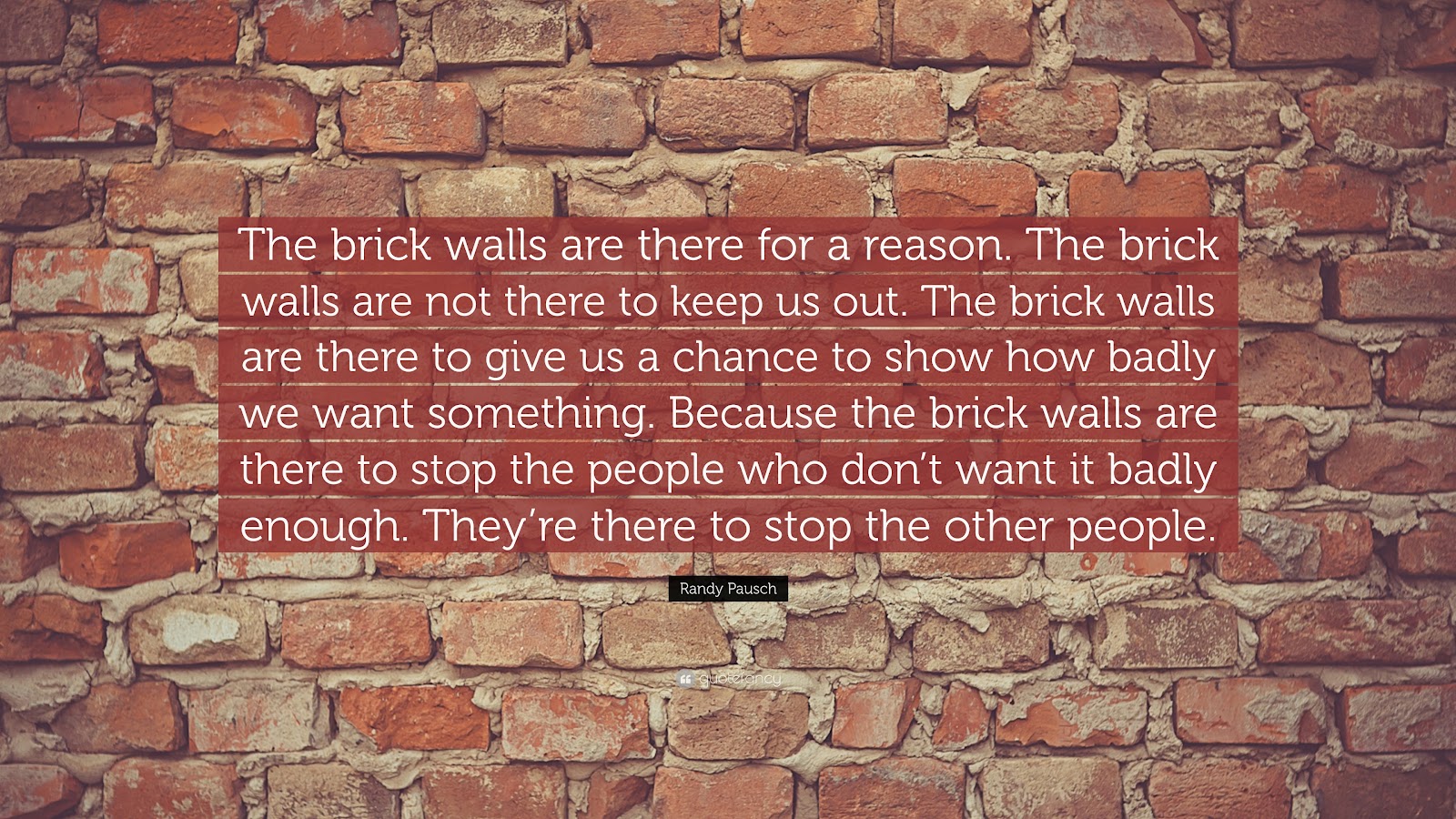NYT opinion columnist Ross Douthat opines (full opinion not paywalled off):
Where Does Religion Come From?
Ayaan Hirsi Ali, the ex-Muslim critic of Islamic fundamentalism and longtime champion of Enlightenment liberalism, has announced that she now calls herself a Christian — a conversion that she attributes to a twofold realization.
First, that atheist materialism is too weak a base upon which to ground Western liberalism in a world where it’s increasingly beset, and the biblical tradition from which the liberal West emerged offers a surer foundation for her values. Second, that despite the sense of liberation from punitive religion that atheism once offered her, in the longer run she found “life without any spiritual solace unendurable.”
Her essay, not surprisingly, attracted a lot of criticism. Some of it came from Christians disappointed in the ideological and instrumental way that Hirsi Ali framed her conversion, the absence of a clear statement that Christian claims are not merely useful or necessary but true. The rest came from atheists baffled that Hirsi Ali had failed to internalize all the supposedly brilliant atheistic rebuttals to her stated reasons for belief.
I have no criticisms to offer myself. Some sort of religious attitude is essentially demanded, in my view, by what we know about the universe and the human place within it, but every sincere searcher is likely to follow their own idiosyncratic path.
A lack of a spiritual component to both atheism and pragmatic rationalism struck me as a serious problem starting about 15 years ago. My study of human cognitive biology and social behavior led me to believe we are hard-wired for spirituality. Spirituality apparently has a powerful attraction for humans and formal, organized religion. As best I can tell, that still seems to be a reasonable belief today.
So when Douthat opines that in view of human knowledge and behavior, some sort of religious attitude is demanded, that seems to be basically right. The human brain-mind really does demand some sort of religion or source of spiritual gratification.
For the life of me, I cannot figure out a way to integrate spirituality into either atheism or pragmatic rationalism. That probably permanently relegates those mental frameworks to permanent small minority, low influence status. I can see serious pro-civilization and pro-sustainability value in both, but they are fatally flawed by evolution. I’ve hit a brick wall and can’t see a way past it. Bummer.

No comments:
Post a Comment